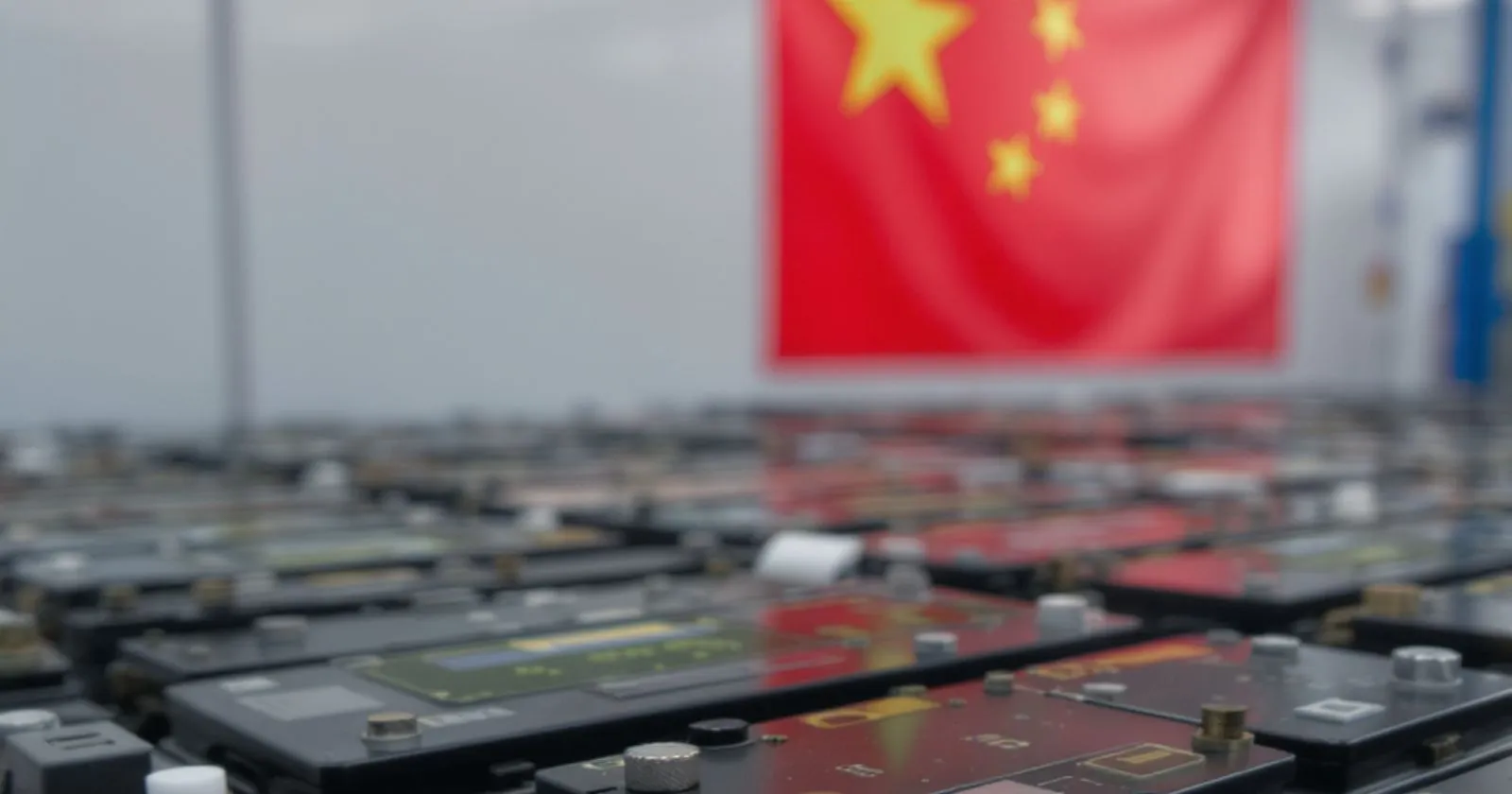
China announces new restrictions on transferring key EV battery technologies out of the country. This move could impact global EV industry dynamics and international relations.

Share Post

China announces new restrictions on transferring key EV battery technologies out of the country. This move could impact global EV industry dynamics and international relations.
The Chinese government announced on Tuesday that it will impose restrictions on the transfer of eight critical technologies for manufacturing electric vehicle (EV) batteries out of China.
Effective immediately, any overseas transfer of these technologies through trade, investment, or technological cooperation will require a license from the Chinese government.
This development comes amid ongoing tensions over rare earth materials from China, which are also crucial for the production of advanced technologies, including EVs.
This new policy could complicate efforts by Chinese EV manufacturers to establish factories overseas.
The European Union has been urging Chinese automakers and battery manufacturers to set up operations within the bloc as a condition for continued growth in sales of Chinese cars. Meanwhile, the United States has been more cautious about Chinese investment, although plans for at least two Chinese EV battery factories in Michigan have been proposed.
Chinese manufacturers have made big strides in the past five years, developing inexpensive batteries that offer considerable driving range for EVs. The new generation of battery technology is pivotal to China's success in producing EVs that are considerably cheaper than those made in other countries.
For instance, BYD and CATL have been at the forefront of this innovation, introducing lithium iron phosphate batteries that use inexpensive iron and phosphate instead of costly nickel, cobalt, and manganese.
While battery and chemical companies in Japan, South Korea, Germany, and the United States still rely mainly on traditional chemistries, they have been striving to catch up to Chinese companies.
China’s latest restrictions, coupled with ongoing tensions over rare earth materials, shows the complex interplay between technological innovation, economic strategy, and geopolitical considerations. The global EV industry could face new challenges soon.
Also read: Tesla's Advanced Autopilot Features, Full Self Driving Not Yet Approved for India
Xiaomi Vision Gran Turismo Concept Car Leaked Ahead of Debut
Acko Drive Team 28 Feb, 2026, 11:14 AM IST
Mahindra XEV 9S Gets New Custom Mode For Better Control
Acko Drive Team 28 Feb, 2026, 8:18 AM IST
Yezdi Roadster New Variant Teased Ahead of Launch on March 3
Acko Drive Team 28 Feb, 2026, 6:05 AM IST
Unutilised Funds, Startup Barriers: Is Auto PLI Scheme Due for Reform?
Arun Prakash 28 Feb, 2026, 4:04 AM IST
Maruti Suzuki Inaugurates 200th Nexa Studio Outlet, Bets Big On Rural Market
Sameer Fayaz Contractor 27 Feb, 2026, 3:04 PM IST
Looking for a new car?
We promise the best car deals and earliest delivery!
